The year is 2002. The world holds its breath as Brazil faces Germany in the World Cup final. Under the Yokohama sky, Ronaldo, Rivaldo, and Ronaldinho dazzle the world, and Ronaldo’s redemption arc peaks with two goals, sealing a record fifth World Cup for Brazil. The kings of the football world once again reaffirm their dominance and show just how superior they are to everyone else.
Now, let’s come to the present day.
Everything has changed. In an almost unrecognizable present, Brazil suffers its first-ever home defeat in a World Cup qualifier. A devastating 1-0 loss to their arch-rivals, Argentina.
The once indomitable force of football, which used to effortlessly dance through opponents, now struggles to find its rhythm. What occurred in Rio on November 21 wasn’t just a loss; it was a showcase of the deep-rooted decline that has been going on in the Brazilian national team.
The contrast couldn’t be more evident. Where 2002’s squad boasted names that are engraved in football’s hall of fame, the team that was present in the last World Cup (2022) depended on the likes of Richarlison – a not very competent, not very differentiated, and not very talented player.
Some of Brazil’s Players [ 2022 World Cup vs 2002 World Cup]:
The question lingers:
How did the creators of jogo bonito, the kings of soccer, drift so far from their throne?
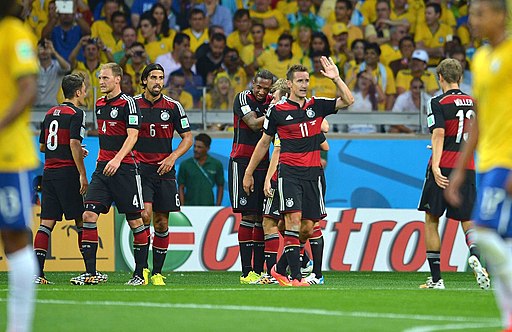
Marcello Casal Jr/Agência Brasil, CC BY 3.0 BR <https://creativecommons.org/licenses/by/3.0/br/deed.en>, via Wikimedia Commons
The downfall can be traced back to several pivotal moments and many systemic issues. The 2014 World Cup, on home soil, was supposed to be a carnival of Brazilian dominance. Instead, it ended in a traumatic 7-1 annihilation by Germany, a wound still raw in the heart of every Brazilian.
The 2018 World Cup and subsequent tournaments exposed further cracks: tactical rigidity, an over-reliance on individual brilliance, and a lack of cohesive team strategy.
Infrastructure and youth development, once Brazil’s secret weapons, have lagged behind. Europe’s tactical evolution, which embraced a blend of physicality and strategy, has outpaced Brazil’s traditional flair. The conveyor belt of talent, which once produced superstar players like Pelé and Garrincha, now creates unprepared players.

While talking about the downfall of Brazilian talent, one name cannot go unmentioned– the prince who never became king, Neymar Jr.
He is undeniably a talented player who has been overshadowed, at times, by never-ending injuries and the immense burden of carrying a nation’s hopes (of which he was never able to live up to).
Once hailed as the successor to the likes of Ronaldo and Ronaldinho, his journey has been nothing short of movie-like. But, not a good movie. Instead, one of a boy who had everything to be great, but instead will be remembered for his unmet expectations– his shameful actions off the field, and his never reached potential on it.
Another aspect central to Brazil’s footballing saga is their tactical evolution, or rather, the lack thereof.
The pioneers of ‘jogo bonito.’ are paying the price for their reluctance to adapt tactically to the rapidly evolving modern game. The European football scene has seen a seismic shift towards a more strategic, team-oriented approach, focusing on collective strength over individual flair. This shift has left Brazil, with its traditional style, at a crossroads. It has never been more evident that the need for tactical reinvention to restore the glory of the beautiful game in the land where it once flourished must happen and it must happen now.
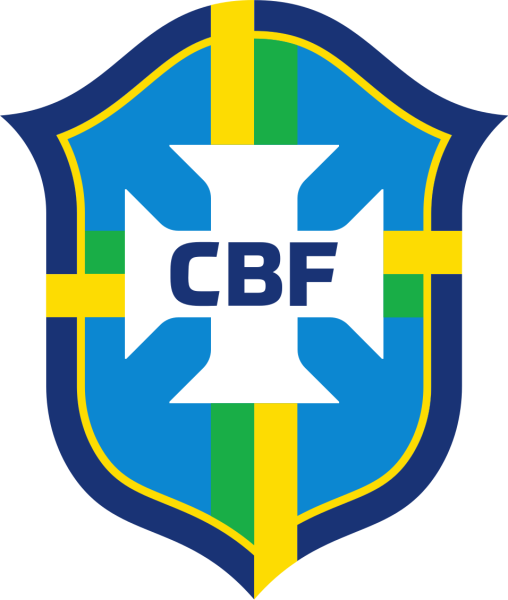
The story of Brazilian football might be living one of its darkest chapters but there is still hope that it will not end in despair. Amidst the ashes of former glory and current despair, like a phoenix, the future comes and with the future comes an opportunity for redemption.
Enter Endrick, a youngster who boosts the flair, skill, and audacity of the old Brazilian guard. He represents not just the future of Brazilian football but a return to its roots – a game played with joy, creativity, and an unquenchable thirst for greatness.
Hopefully, the lesson has been learned: no single player, no matter how good, can shoulder the burden of a nation alone. Brazilian football’s resurgence requires embracing modern tactics, nurturing talent, and blending the old samba soul with new footballing philosophies.
Brazil’s journey from World Champions in 2002 to losing their first home qualifier game in history is a journey of triumph, despair, and hope. It’s a reminder that no one is untouchable, no matter how tall, every tree can fall and that lesson transcends sport.
The kings may have fallen from their thrown, but the crown remains within reach, awaiting the next generation to lift it high once again. The story of the Brazilian team is far from over; it’s merely awaiting its next great chapter.


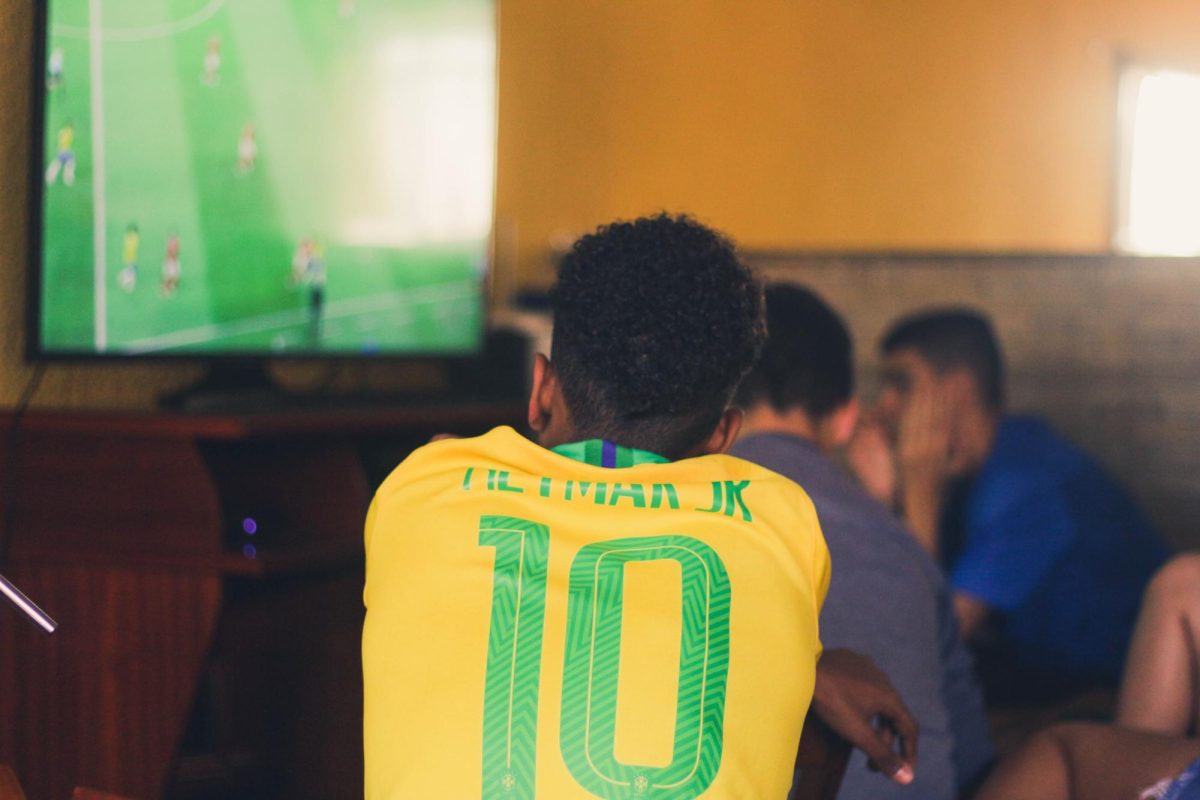


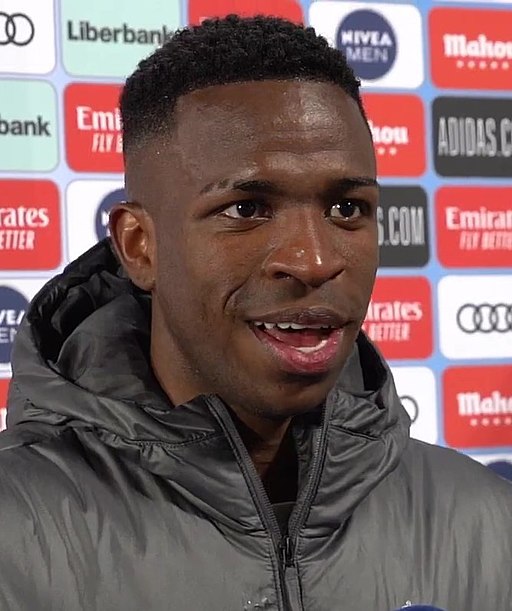
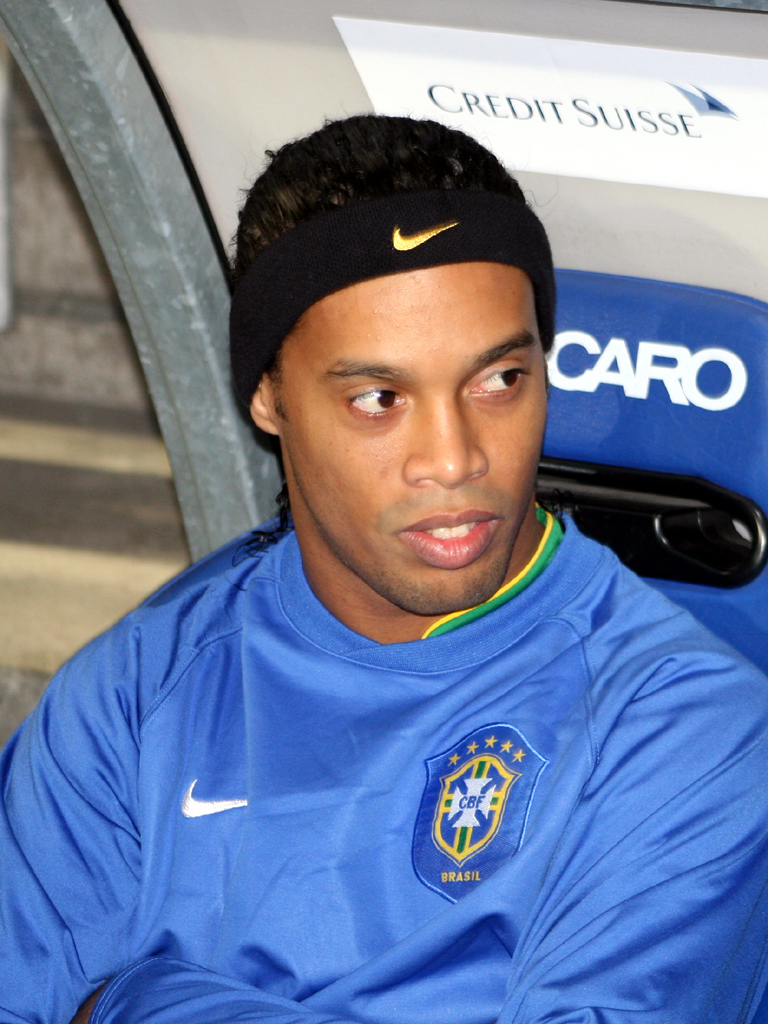
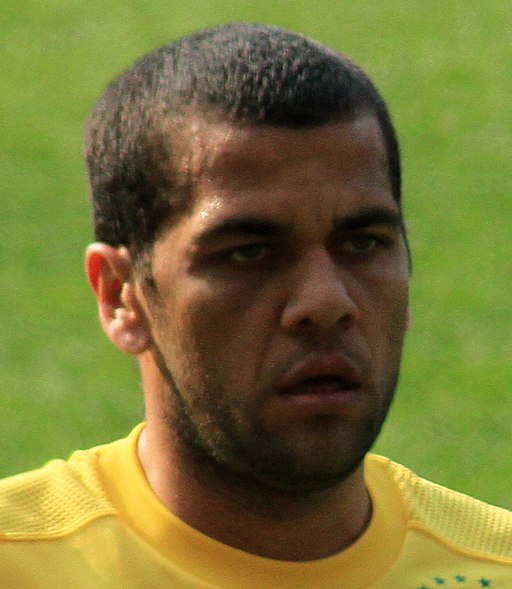
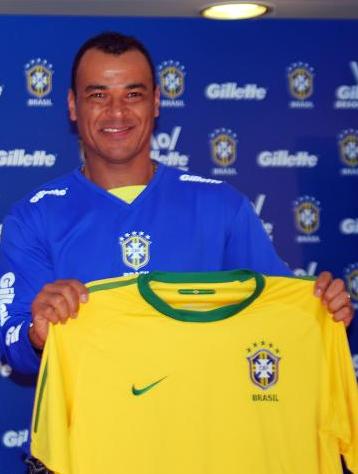
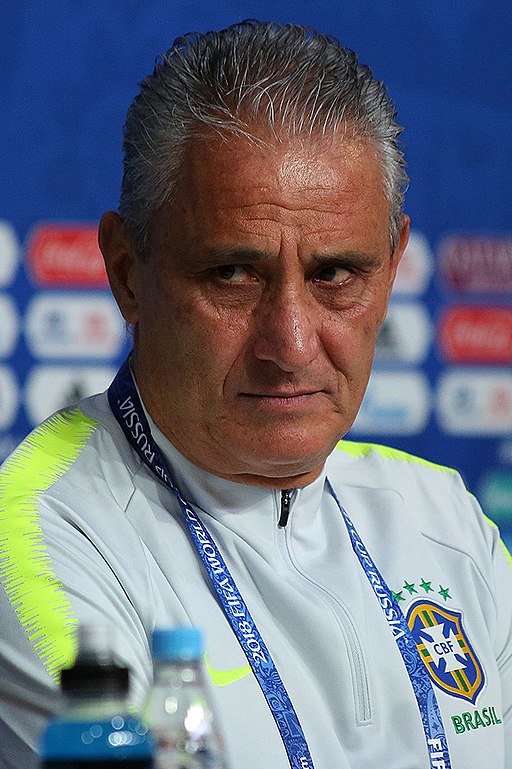
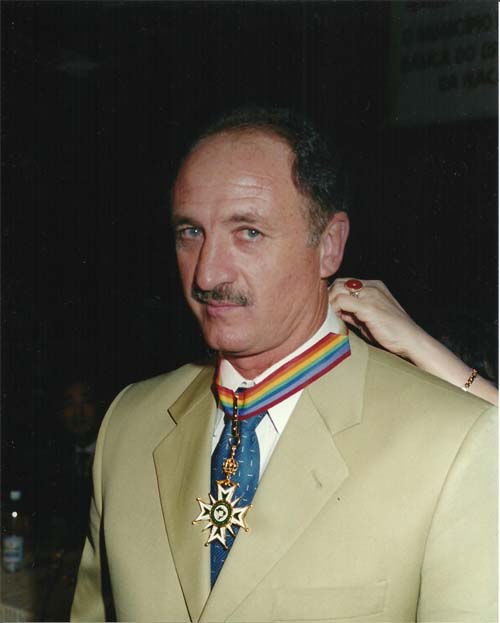

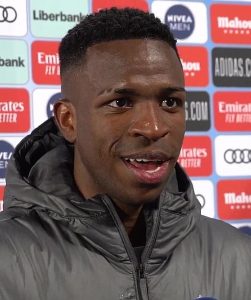
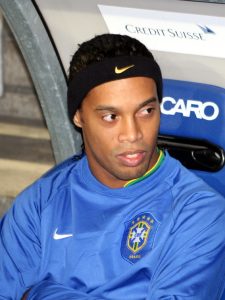
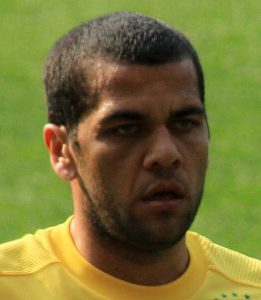




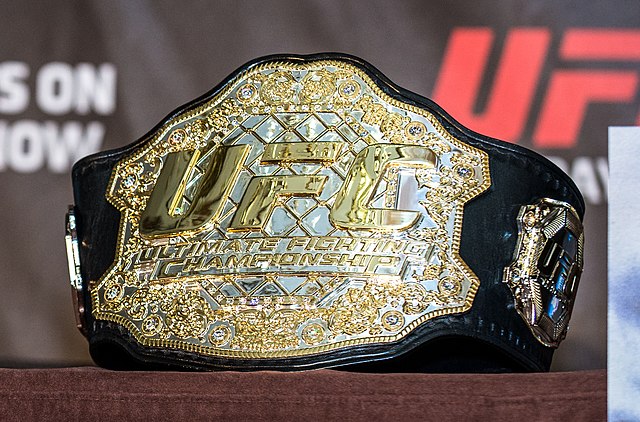

Laura Hanes • Dec 4, 2023 at 1:17 pm
Your words always find me interested in soccer/football!
Nathan Espindula • Dec 5, 2023 at 10:12 am
Thank You! That is always the goal with it!